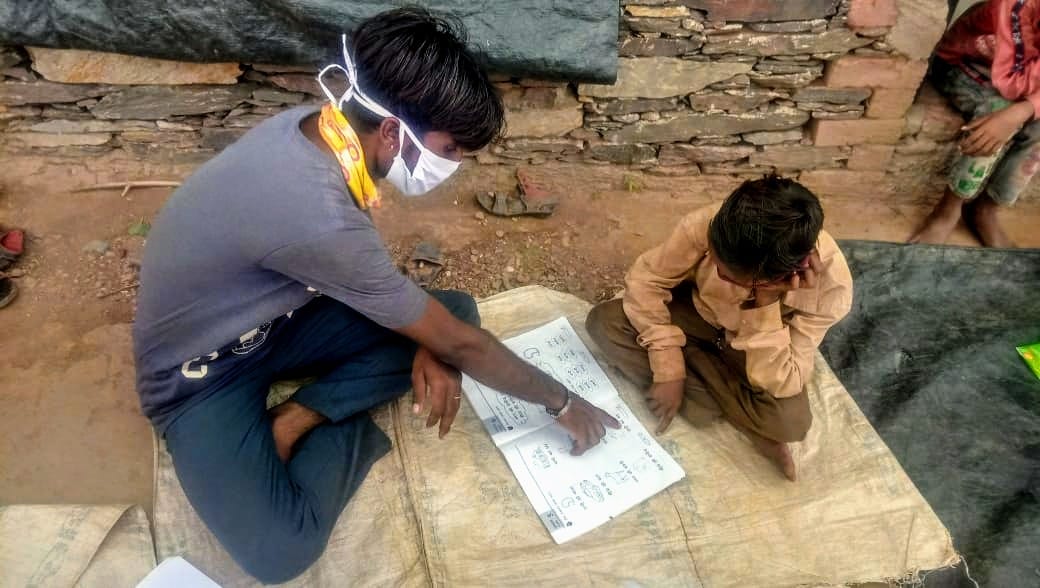
The COVID-19 pandemic has resulted in a severe learning crisis amongst young children. Many children in rural areas of India are the hardest to reach due to unreliable digital infrastructure and non-systematic access to technology. With the crisis predicted to continue into the next few months in India, schools will remain closed thus presenting an immediate need to re-imagine education. While student-teacher interaction, classroom processes and, peer learning support were the foundations to ensure quality learning in classrooms, education programs now must ensure that children are learning in the absence of these factors. The importance of developing foundational literacy skills in young children has never been more significant.
Language and Learning Foundation (LLF) is focused on improving language learning outcomes in Early Grades over the past five years. Being a pioneer in the field of Early Language and Literacy, the organization is directly impacting 90,000 children across the states of India namely Bihar, Chhattisgarh, Haryana, Rajasthan, and Uttar Pradesh. Through the crisis, LLF has developed a multi-faceted approach where teachers are still supporting children, where teacher educators are constantly supporting the system, where all children still have access to materials, and assessments are being conducted through home visits. Thus, creating a possibility for every child to learn as if they were still in school.
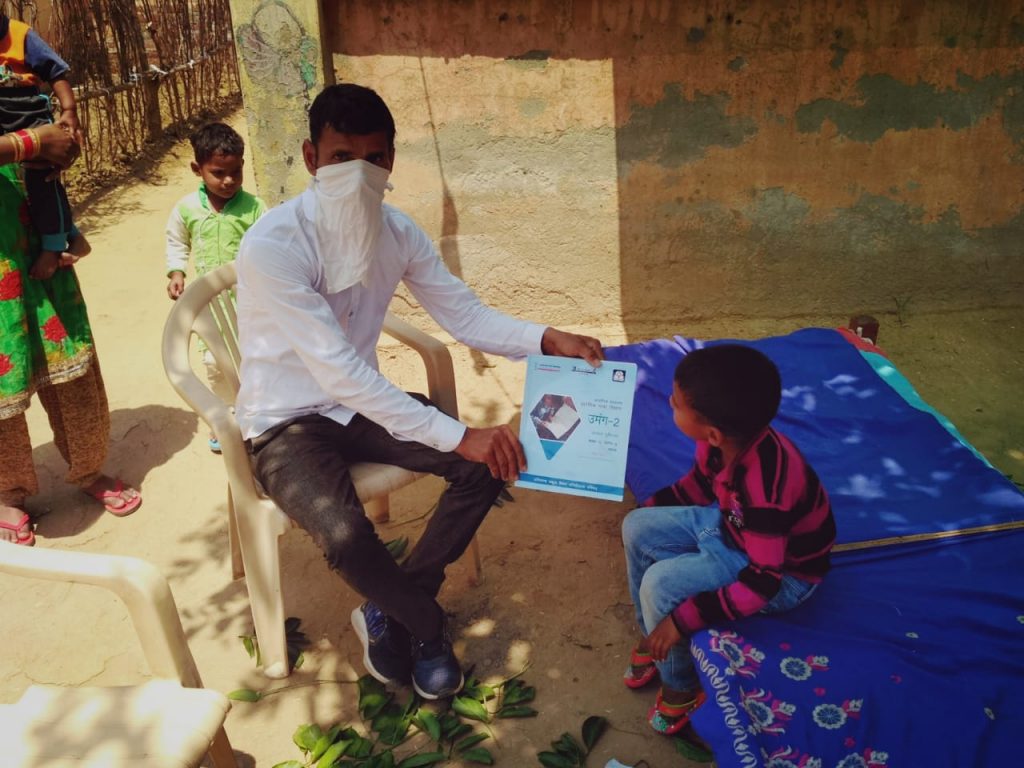
The ‘Har Ghar School’ initiative over the past few months has garnered the popular support of the community, the teachers, and the Government education officials. For instance, in Chhattisgarh, in addition to engaging parents on WhatsApp, the LLF team has delivered specially designed workbooks in early literacy to the homes of children, In Rajasthan, the program involves revision with games to support the multi-lingual environment, a volunteer engagement program, and a book-circulation program, while in Haryana, almost 12,000 children are constantly supported through daily homework on WhatsApp, phone calls to parents and frequent home visits to reach struggling learners. To ensure successful implementation, a system of monitoring to include a child-wise tracking of activities is designed to provide insights on the status of learning of every child and decide a plan of action. In addition to this, assessments are planned through the program (Baseline, endline and informal assessments during home visits) to understand the learning levels of children. Deep-dive studies will help us explore immediate questions about the support provided to children during the program. This holistic approach was developed to reach every child through the pandemic. Thus, context-specific strategies through available channels in the community are the way forward to ensure learning during the pandemic.
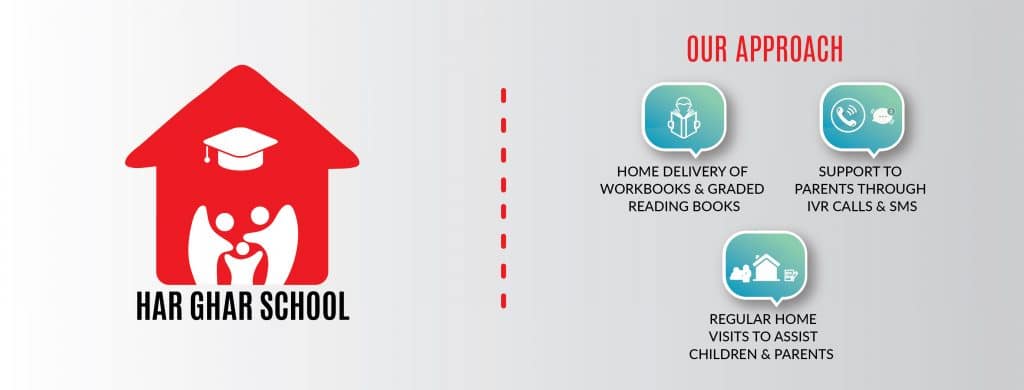
When will the schools re-open? When are teachers getting back to school? How long will parents cater to be the primary caregiver in their child’s education? As these questions remain unanswered, it is crucial that children have strong foundational skills and high abilities of language and literacy in the home and school languages, LLF is on the mission to scale its approach over the next few months to reach 25,000 children. How can you ensure these programs continue to support children? This is a call for action to contribute to this initiative by visiting Milaap: Language and Learning Foundation.
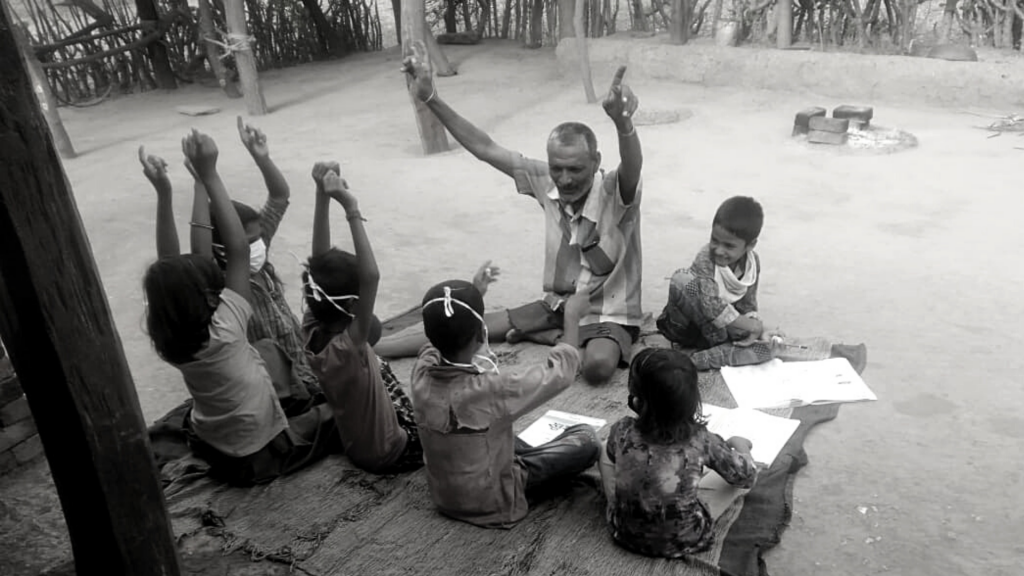
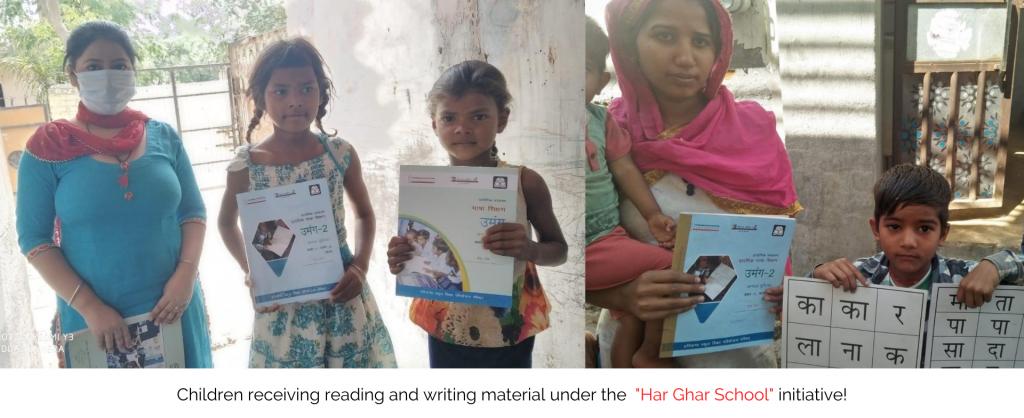
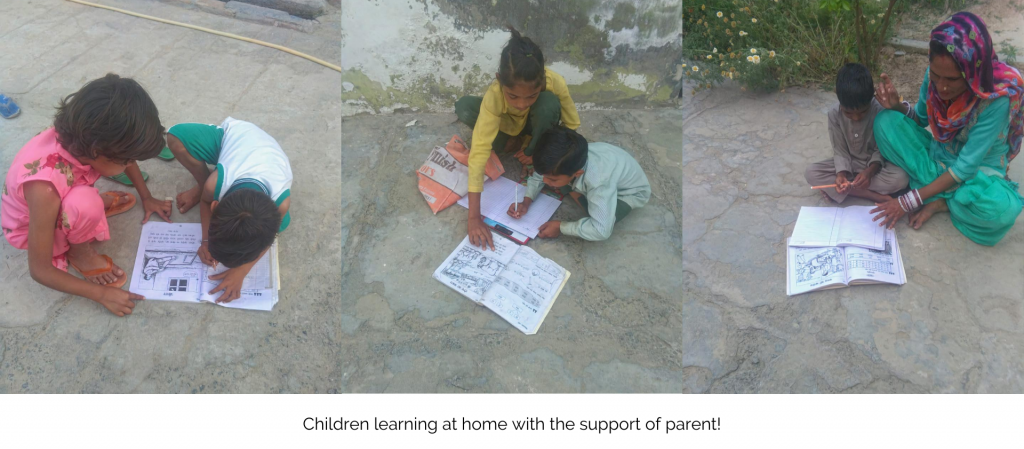
Shruti Sheshadri – The author currently works at LLF as a part of the Monitoring and Evaluation Team







Recent Comments